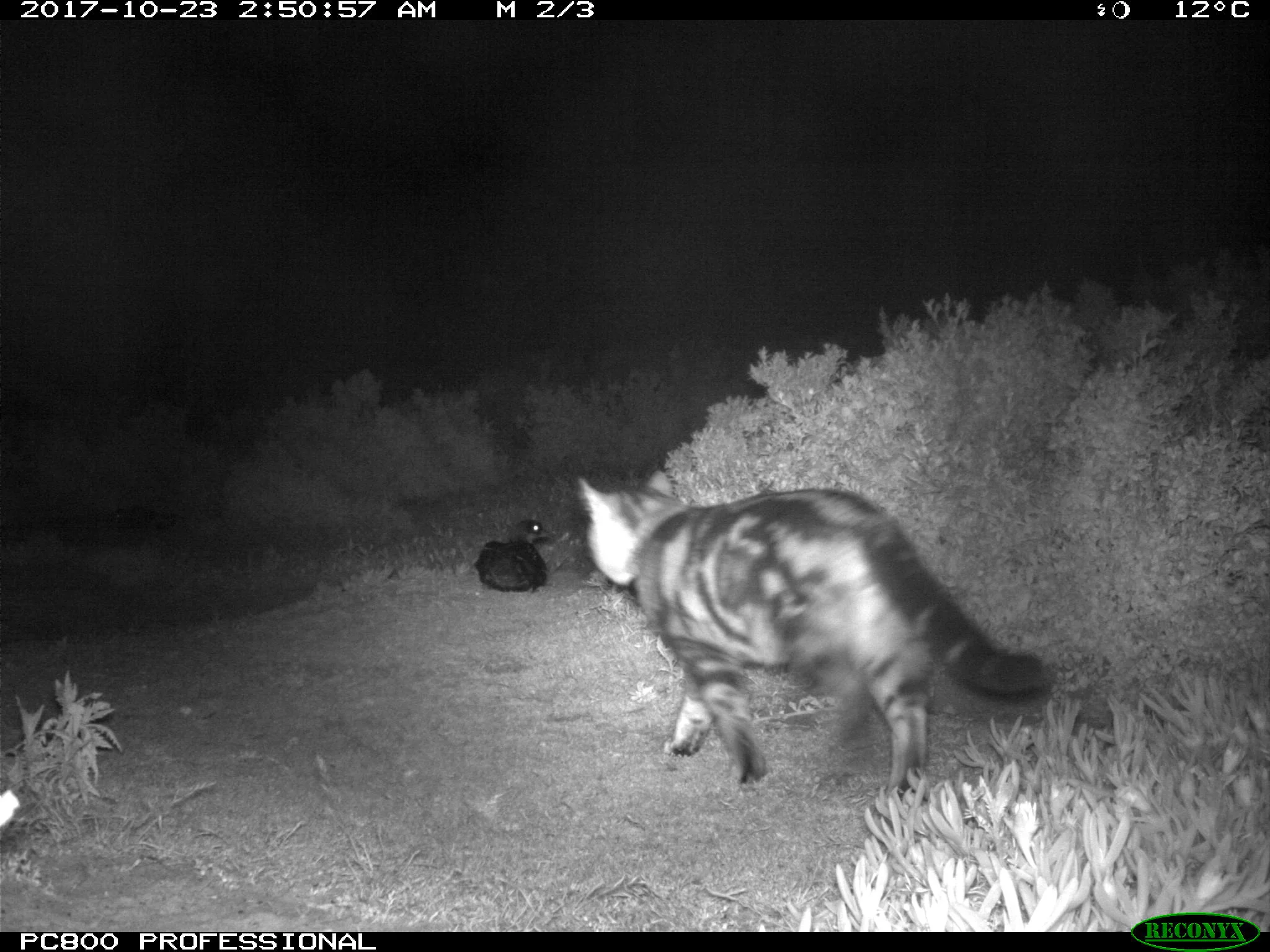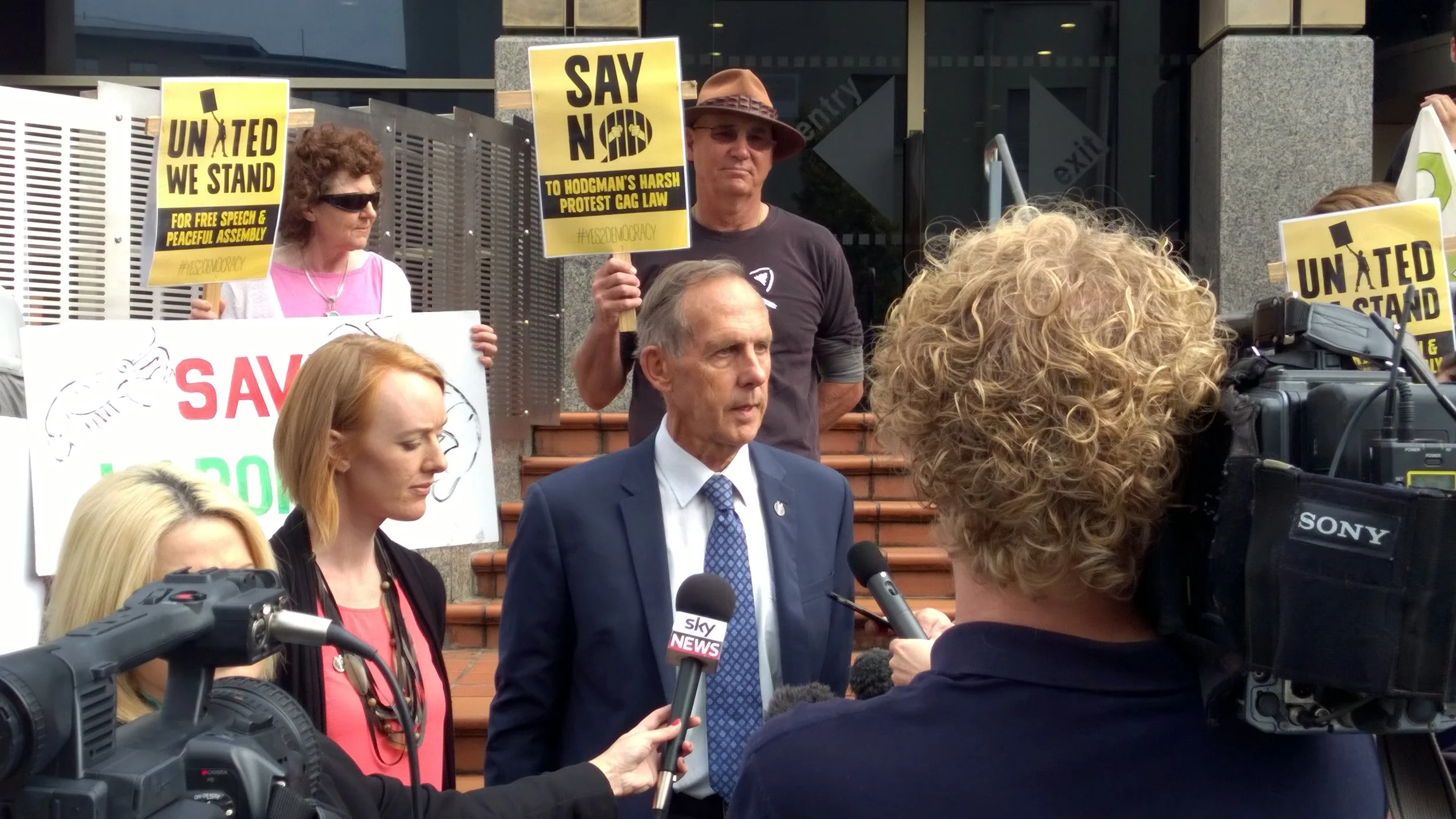In 1968 the world saw a global wave of environmentalism. The Tasmanian Conservation Trust was on the cusp of that wave and has been a mainstay on our island in holding back the exploitation which has engulfed the planet ever since.
Height Limits Under Consideration in Hobart
Inside With Cats - the Stories of Happy Contained Cats
Over 65 people joined us to launch the stories of our five Tasmanian film star cats (along with their humans), who have embraced life on the inside. Inside with Cats video series is an exciting collaboration that aims to demonstrate (through story) that we can experience the joys and benefits of cat ownership while protecting wildlife and keeping neighbours happy.
Bruny Island Cat Management Project
Bruny Island has been selected by the Federal Government as one of five islands in Australia to progress feral cat eradication. This is in recognition of the potential threat that feral cats pose to the significant biodiversity values of the island. The Federal Government has committed three years of funding to kick start the process. This exciting project also offers a case study for other cat management programs across the state.
Forest Protest High Court Case
Every now and then a court decision comes along that requires us to stand up and take notice. The role of courts in our democracy is extremely important and, arguably is becoming more and more important as the years pass. Courts do not just determine disputes between people or determine whether people have committed criminal offences. A more fundamental and arguably important role of courts is to determine the limits on the power exercised by our governments and by our Parliaments in a federal system. As our governments and parliaments are increasingly captured by well-resourced lobby groups - aided and abetted by large multinational news corporations - the role of courts on checking overreach by state parliaments has grown.
Nightingale Housing
Proposed Changes to Firearms Legislation
The TCT is very concerned about certain aspects of the Liberal Party’s firearms policy. In particular, we are concerned about the proposal to make Category C licences (rapid fire firearms) available to a wider group of people than is currently the case, which we are told is for the purpose of controlling native animals to protect crops and pasture.
Consideration for a Population Policy
If we look at some recent scientific literature regarding the state of the natural world, such as the WWF Living Planet Report or any of the Australian Government’s State of the Environment Reports, it is very clear our natural world is in decline, globally and at home. The purpose of this article is to discuss the impacts of population growth on both our natural environment and quality of life, and what should be considered by policy makers when determining a population policy.
Climate Change as a Threat to Tasmania’s Wilderness World Heritage Area: Legal Protections Are Inadequate
When Australia nominated the Great Barrier Reef and Tasmania’s Southwest Wilderness as World Heritage areas, it was to protect them from damage by specific industrial activities, like oil drilling and damming. Our national environmental legislation includes World Heritage areas and Commonwealth marine parks as ‘triggers’ for the involvement of the Federal government. However, is Federal law equipped to protect these same World Heritage areas from the impacts of climate change?
Liberals Promise to Tackle Large Scale Dumping of Rubbish
The Liberal Party’s 2018 state election policy ‘Safeguarding Tasmania’s Unique Natural Environment’, commits to a program to assist in cleaning up major rubbish dumps and stronger penalties for those responsible. This may not sound like a ground breaking environment policy but it was the only positive environment policy the Liberals proposed other than more staffing for the Parks and Wildlife Service.
Housing Affordability: an Environmental Perspective
Protecting Tasmania - Peter McGlone TCT Director
The State Government’s changes to planning legislation have sown the seeds for overdevelopment in Tasmania’s iconic cities, coastal hideaways, heritage towns and wilderness areas, whilst creating opaque processes that empower the Planning Minister and strip the community’s rights. They have plans for more draconian changes.














